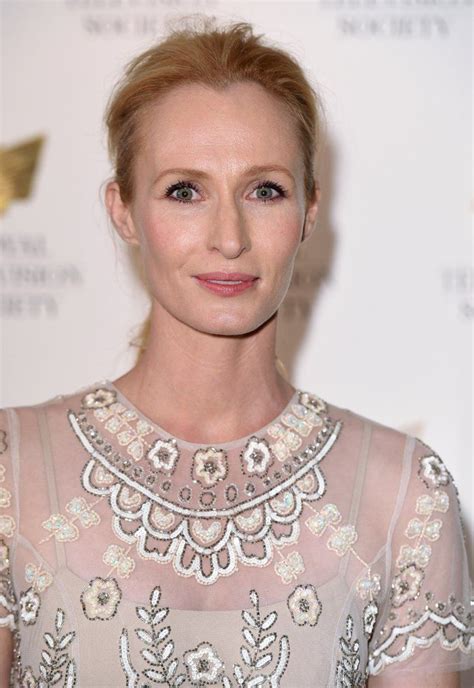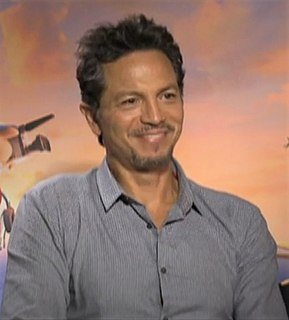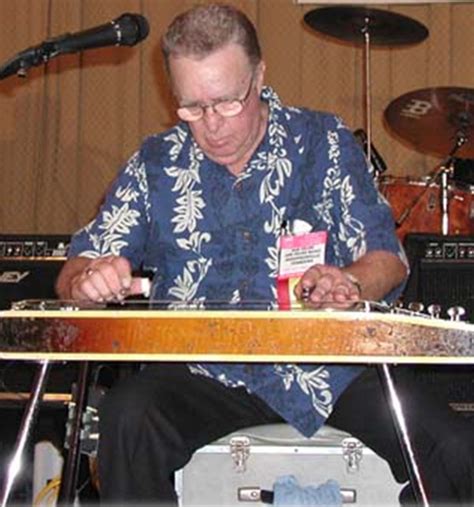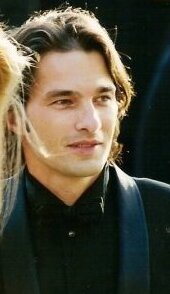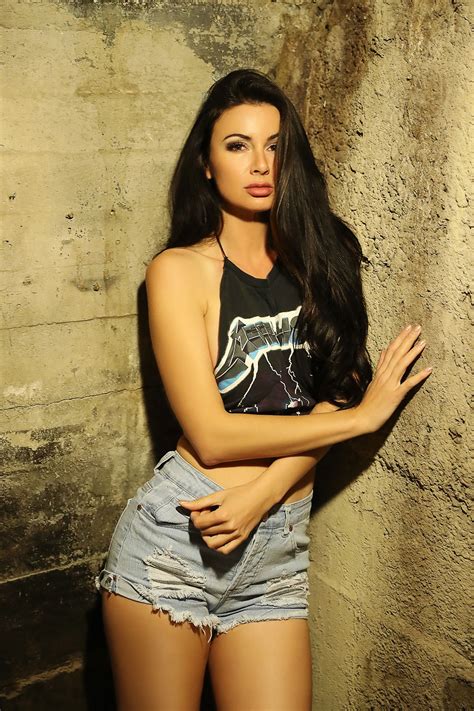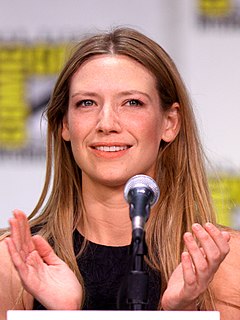A Quote by Yelawolf
I'm from the South, and there's a different understanding of how to chop. There's a syllable play. It's a delicate art. Your accent has a lot to do with it. If you're from a certain area, words don't roll of your tongue as slick.
Related Quotes
The dictionary is like a time capsule of all of human thinking ever since words began to be written down. And exploring where words have come from can increase your understanding of the words themselves and expand your understanding of how to use the words, and all of this change happens in your thinking when you read the words.
I think moving from Ireland to Australia, you couldn't get a more different accent on the palate. The Irish accent is very muscular and involves a lot of tongue and cheek-muscle work, whereas the Australian accent is really flat; the palate is quite broad. They're at almost opposite ends of the scale, so I feel it was good training.
'Particularly' is particularly difficult because the 'L' and the 'R' are totally different, like totally different letters. I would spend hours in front of the mirror with my dialect coach to observe my tongue. You don't think, when you speak, about all the things that happen in your jaw and your mouth, how everything reacts, so you have to watch all those things and realise we have a totally different use of our tongue and jaws.
My favorite song he ever wrote was 'Cold Cold Heart.' If you think about it, the lyric to 'Cold Cold Heart,' see how many two syllable words are in that song. Very, very few. ... Verses and the choruses have very few two syllable words. 'I tried so hard my dear to show that you're my everything.' One three-syllable word.
I think everything in life is art. What you do. How you dress. The way you love someone, and how you talk. Your smile and your personality. What you believe in, and all your dreams. The way you drink your tea. How you decorate your home. Or party. Your grocery list. The food you make. How your writing looks. And the way you feel. Life is art.
A lot of girls will do regular crunches, when that is building muscle in the middle of your stomach on top of - right in the middle area, where you might not want it to be. There's certain types of sit-ups and crunches and moves that kind of build the core set of your muscles inside. There's a different way of looking at exercise and optimizing it for the female body, if that makes sense.
When you're doing a play, you're onstage, there's no stopping or starting, there's no stopping to reposition for the camera or have a check done. You're there 'till the end of the show. What that gives you is a great gift, which is to command the audience, and you get to play with your script and your fellow actors. Every night, it's different. Hopefully it goes well and you get a great response. But the technique that you have to have on film or television is so delicate. It's fine-tuning. That is very different from being onstage, but they both have important skill sets.


